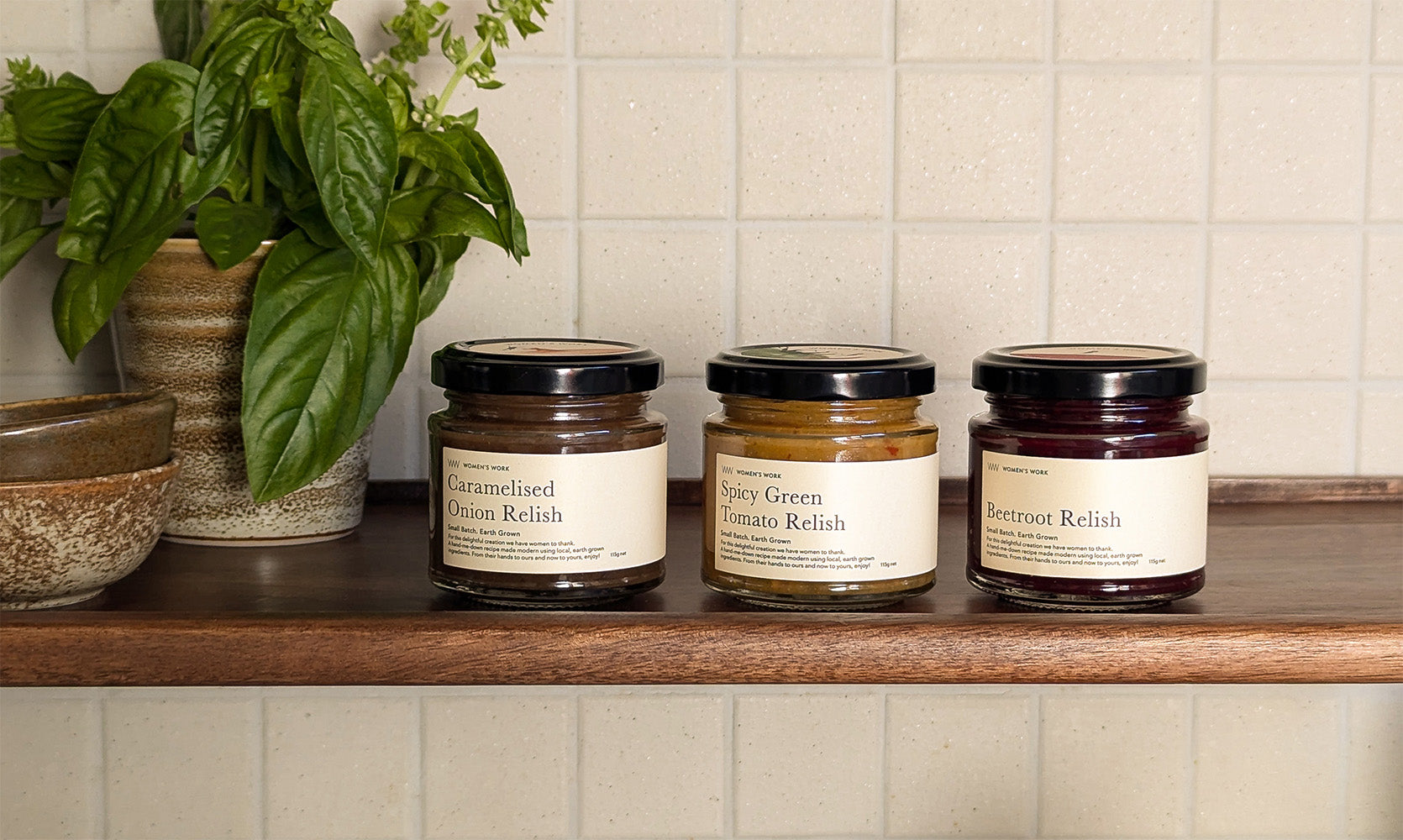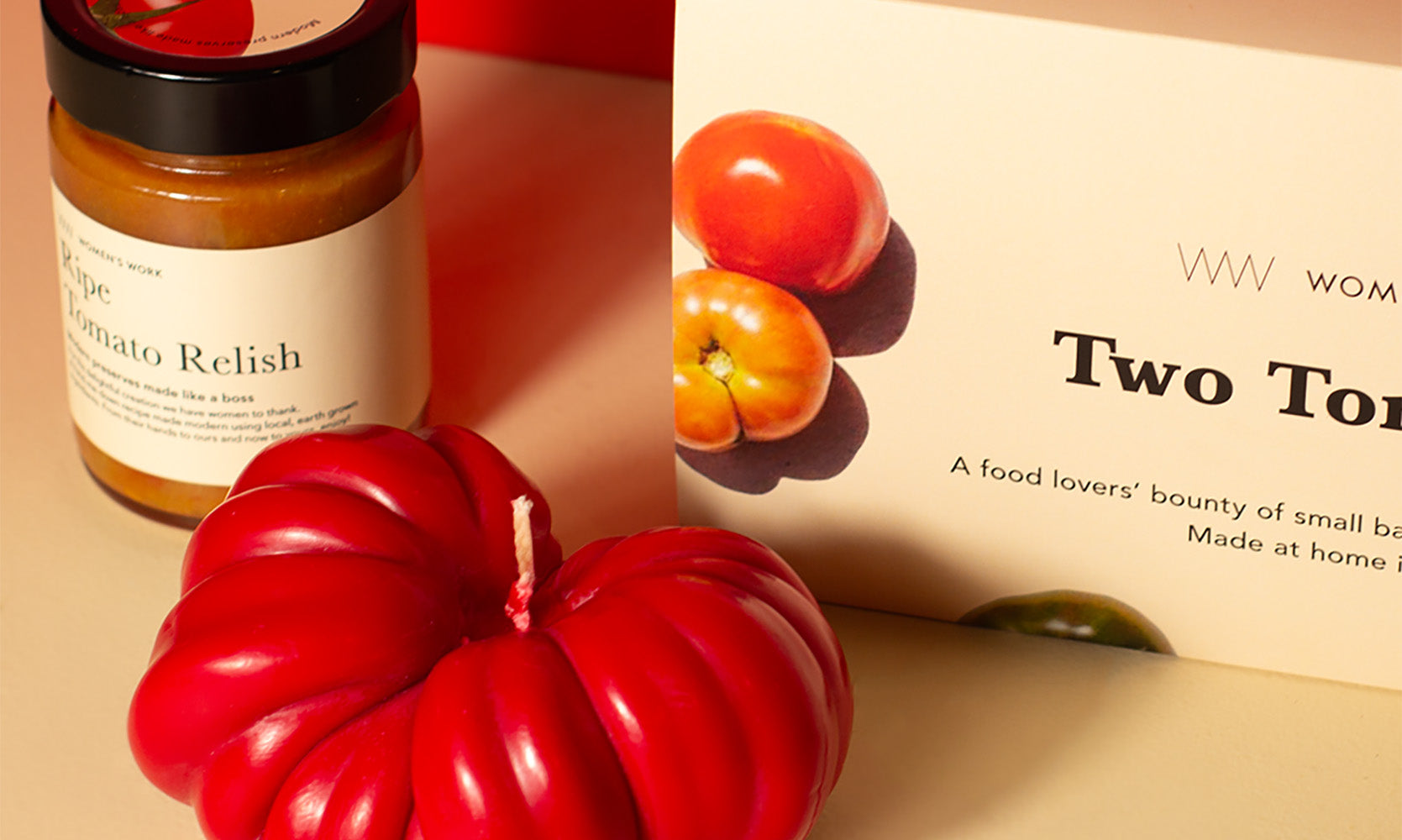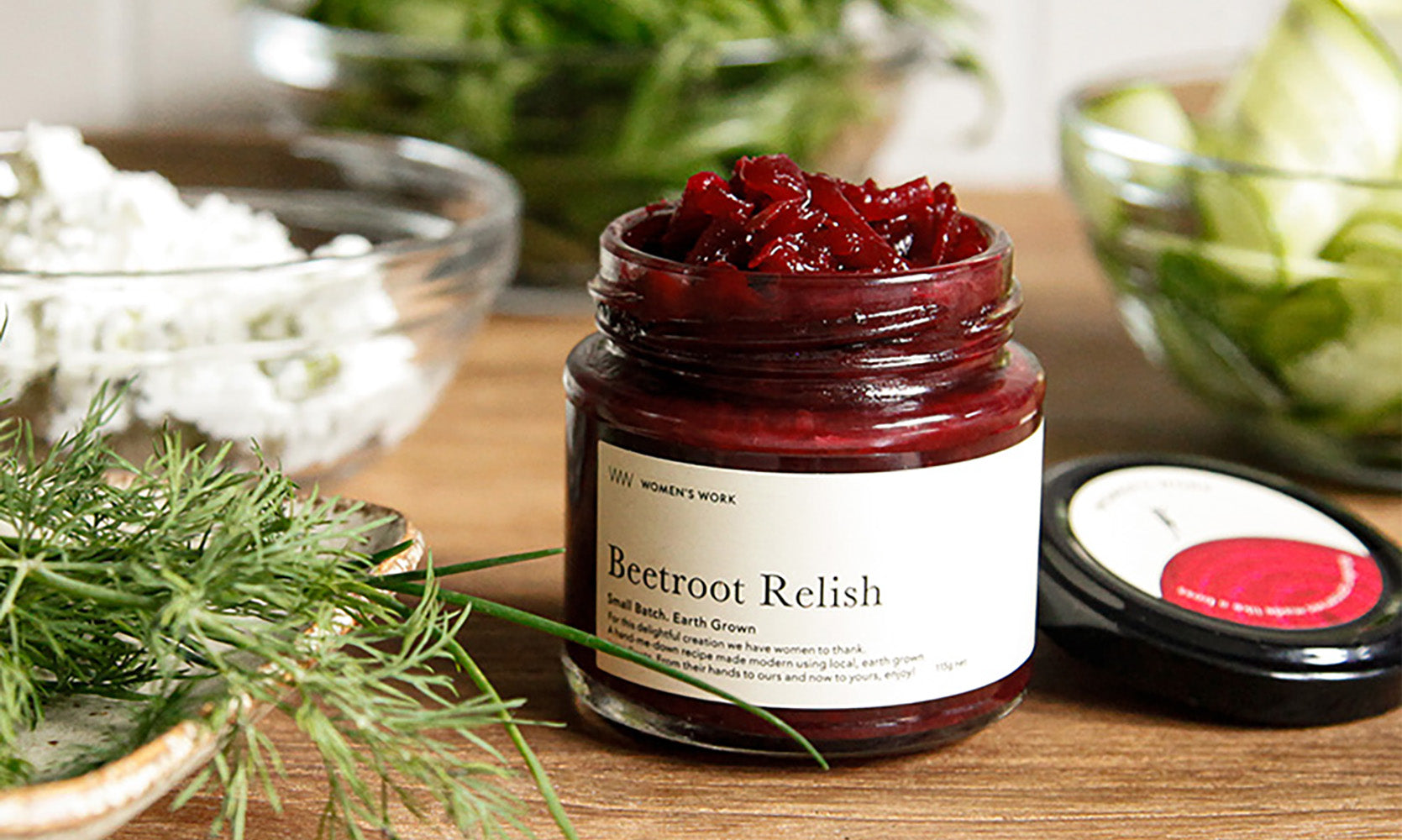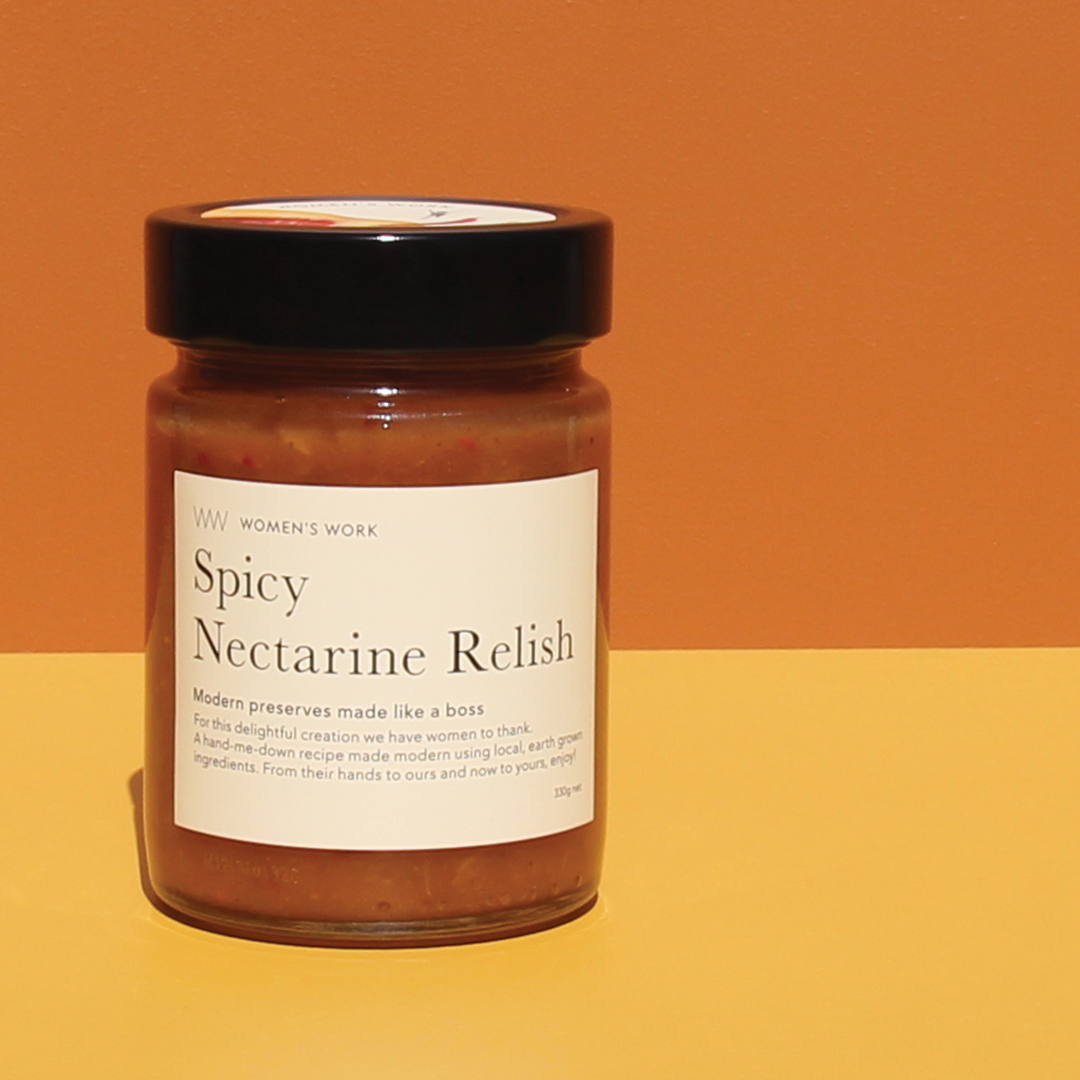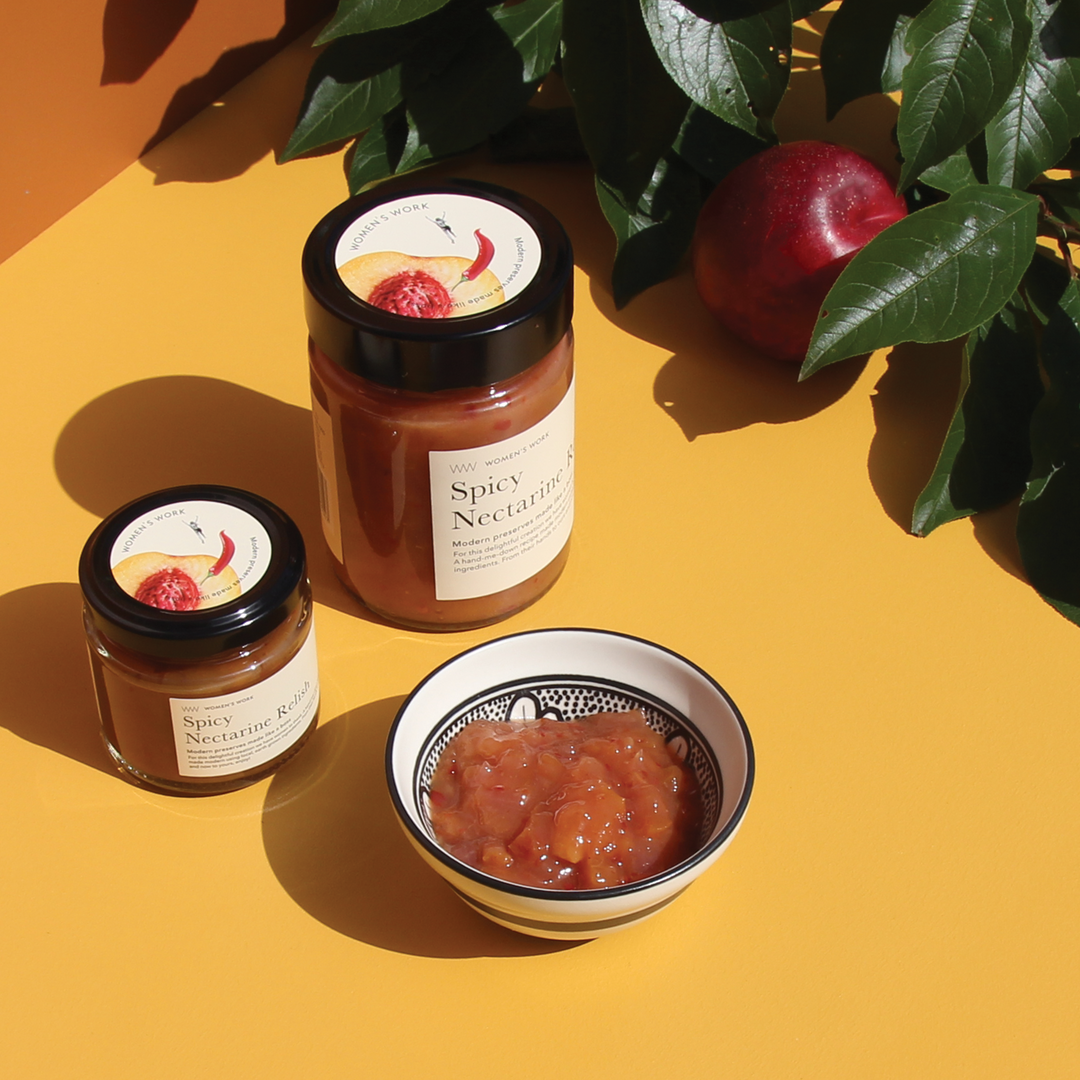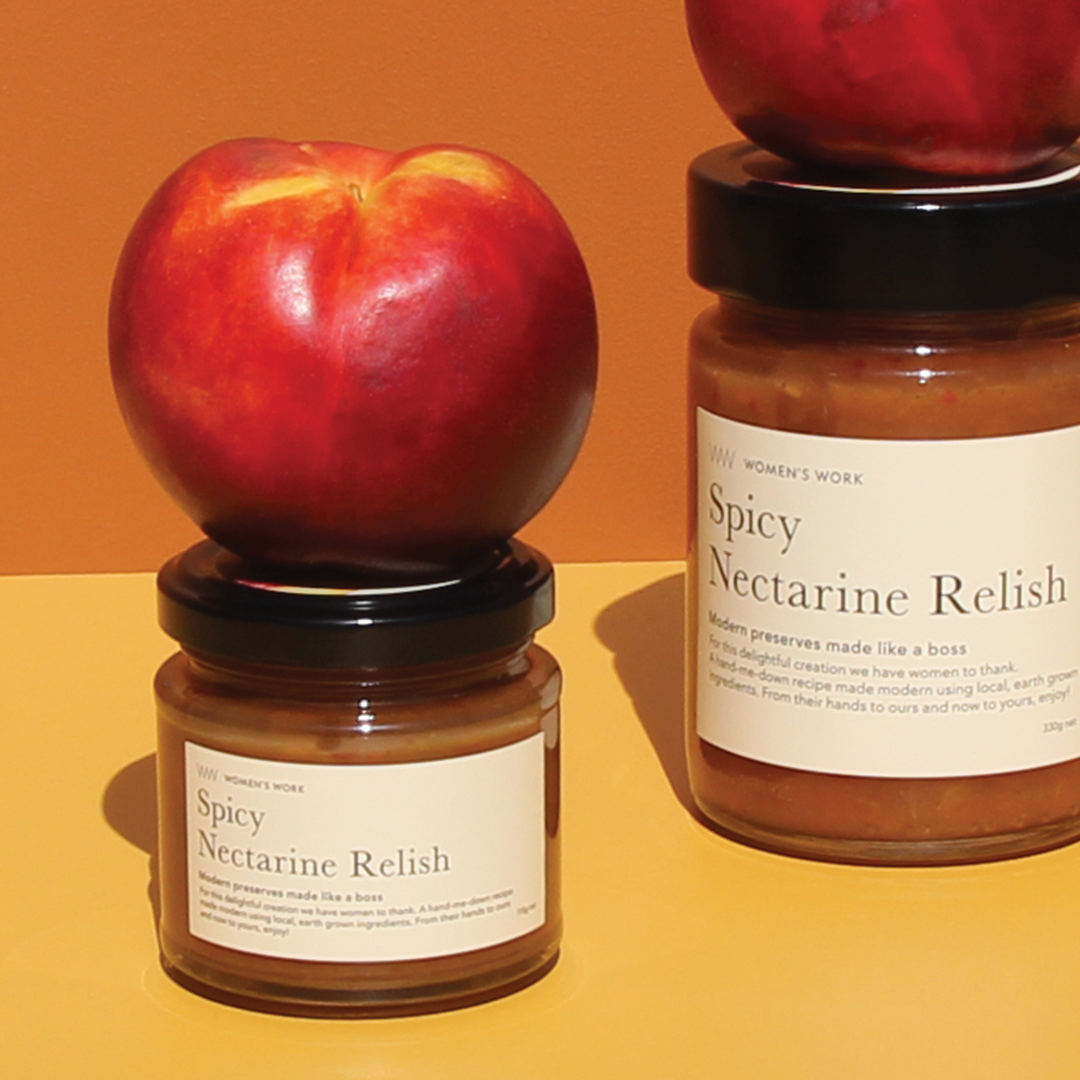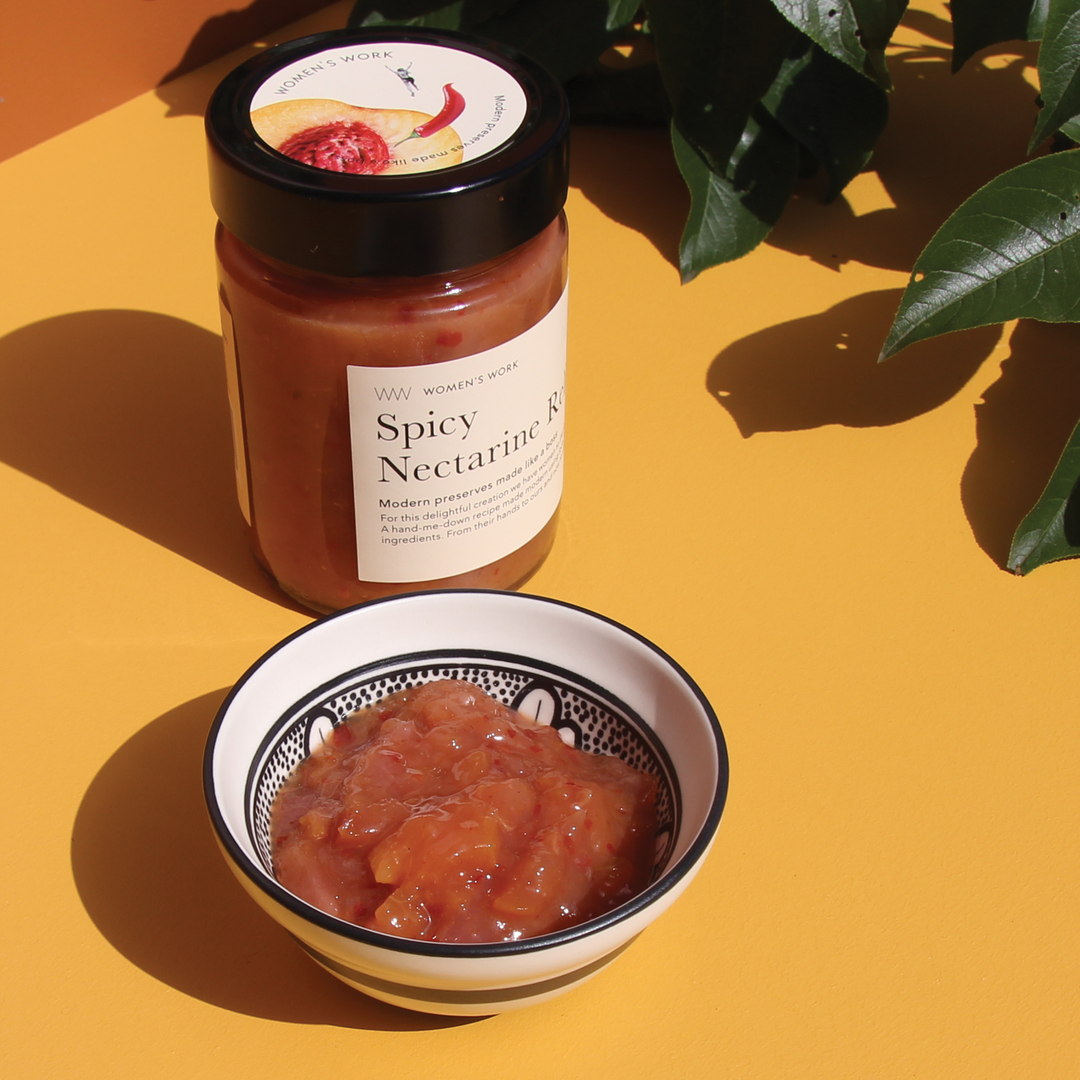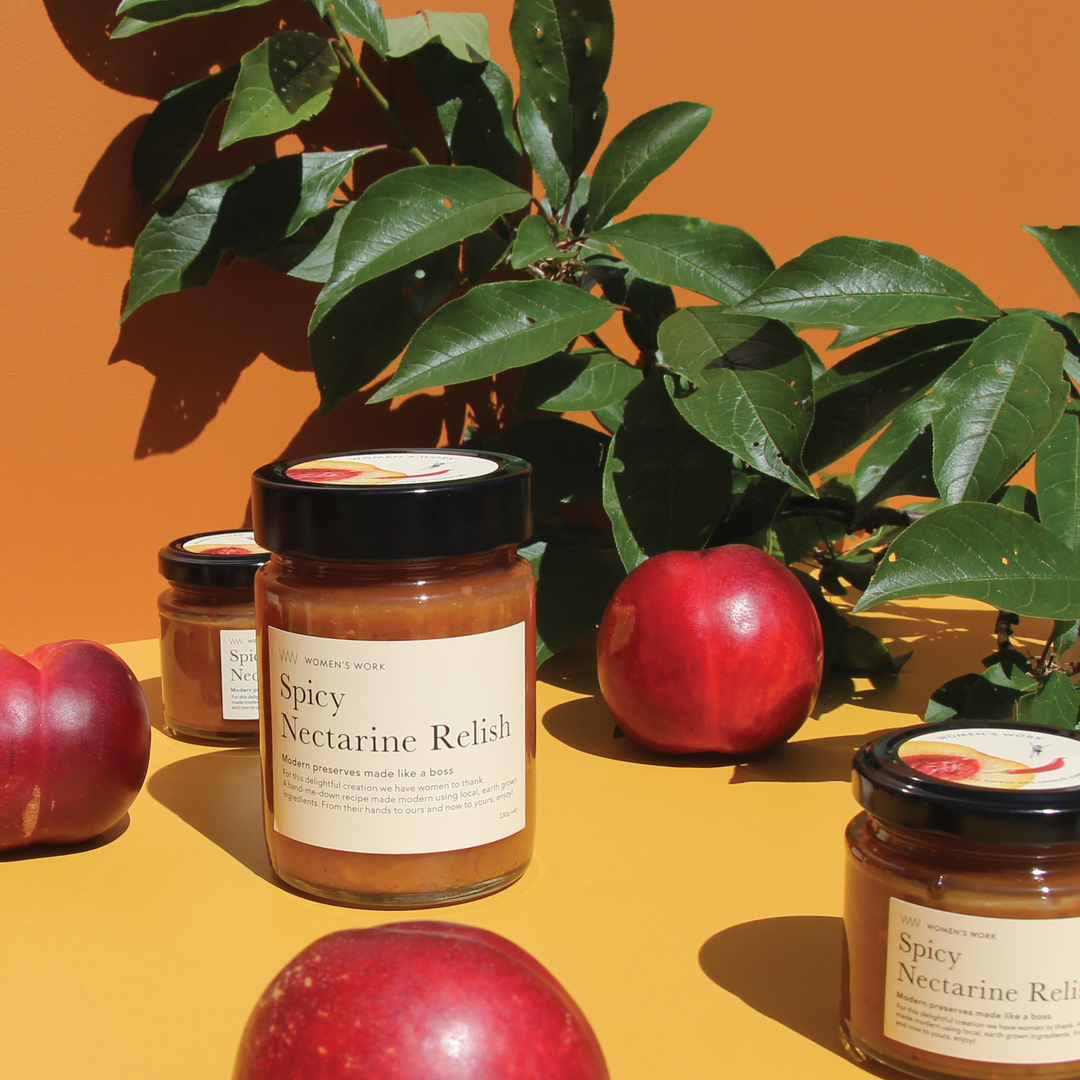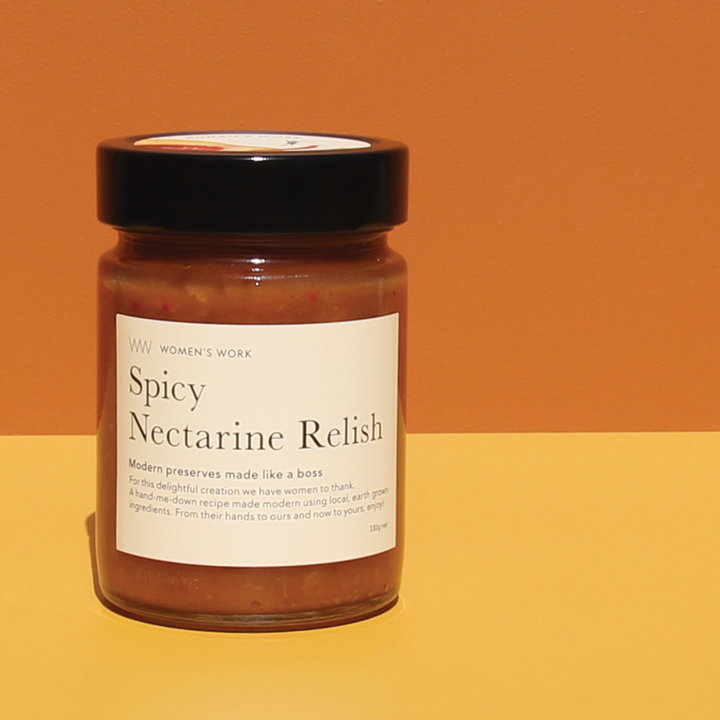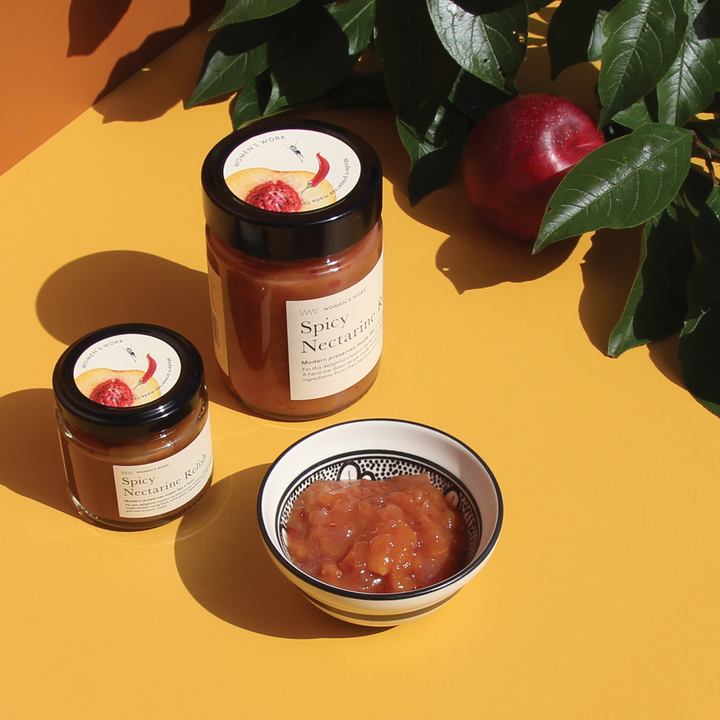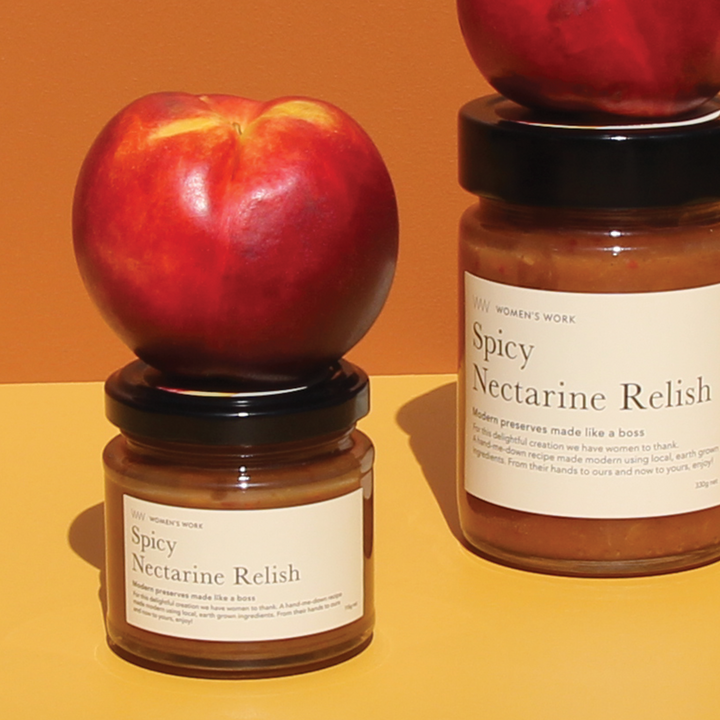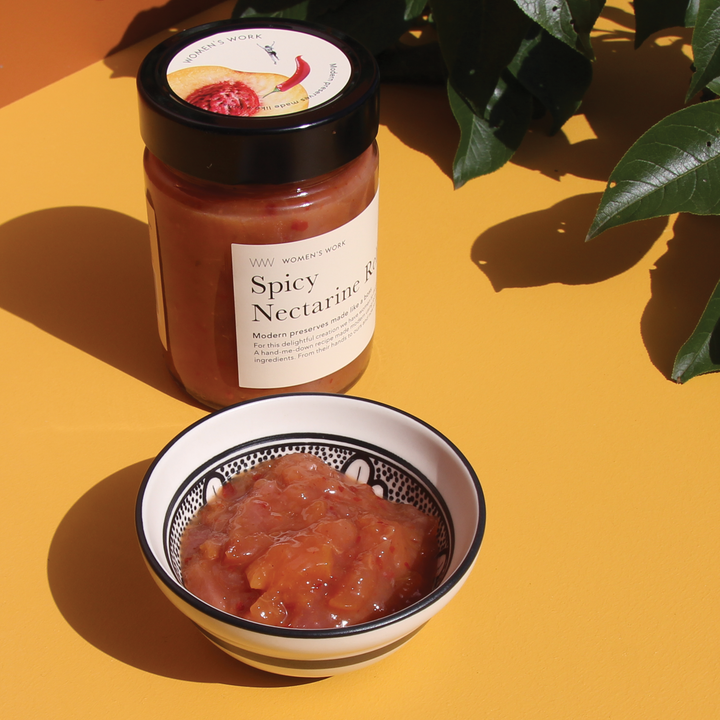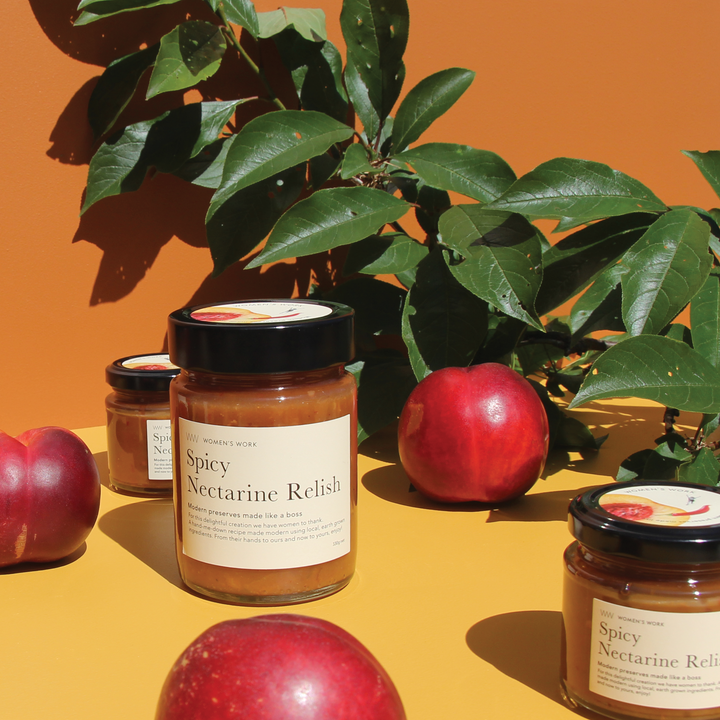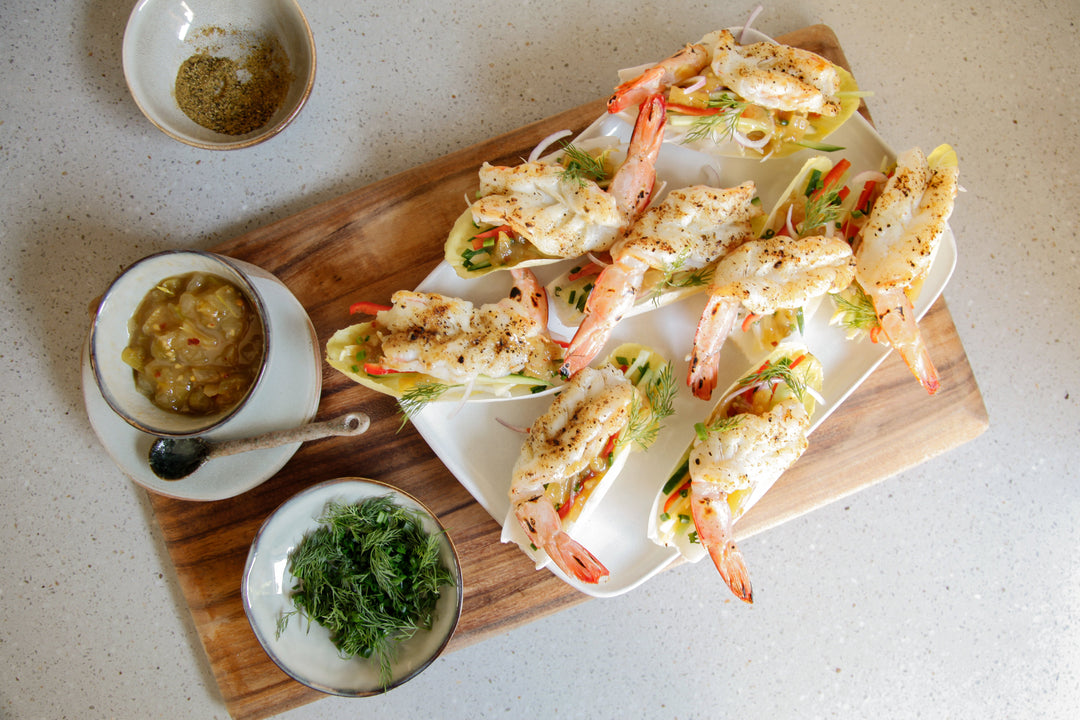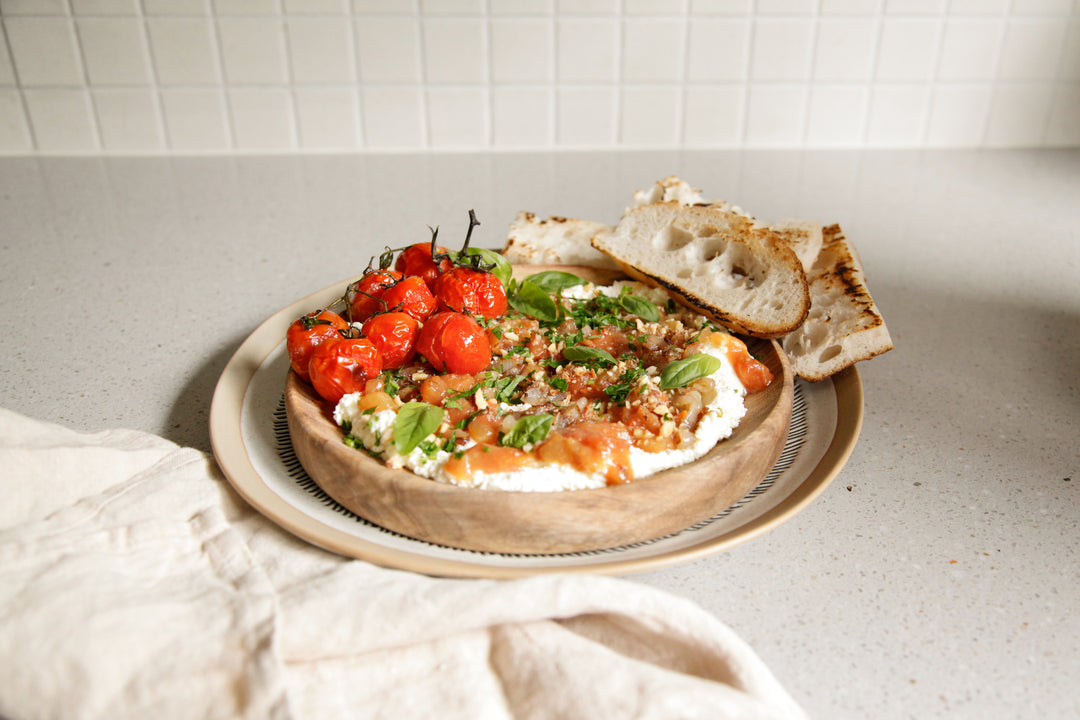Women’s Work and the Legacy of Equity: A Tribute to Granny Ida
Rethinking “Equity” Through Everyday Acts
The 2023 International Women’s Day theme, “Embrace Equity,” is both powerful and complicated. Equity asks us to recognise difference - but difference isn’t simple. “Women” is not a single category. It’s a collection of overlapping identities, experiences, and barriers. What supports one woman may not serve another.
Here at Women’s Work, we know we can’t solve equity in the global sense — but we can explore what it looks like in the context of food, memory, and tradition. For us, making and sharing our relishes is more than a business. It’s a feminist act - an offering rooted in history, care, and gratitude.
Preserving More Than Food
Making relish is a deliberate, reflective practice. It’s how we honour the women before us - the ones who passed down the recipes, the skills, the stories. Each jar isn’t just food; it’s an archive. It’s memory preserved.
One of the most powerful examples in our story is Granny Ida - whose recipes, resilience, and relentless care shaped generations.
The Life and Legacy of Granny Ida
Humble Beginnings
Granny Ida was born in 1885 in Glebe, Sydney, to poor Scottish migrants with nine children. Her parents, like many, had fled the Highland Clearances in search of survival. Life was hard - a two-bedroom terrace with an outdoor dunny, a small backyard garden, and the constant shadow of illness (Glebe was hit by bubonic plague in 1900).
But amid the hardship, women created joy and comfort. They grew fruit, raised chickens, and made the jams, pickles, and relishes that turned scarcity into sustenance.
Love, Loss, and Strength
Ida married Johann Bruchhauser in 1907. His Bavarian family were butchers and vintners, but tragedy struck early - Johann died of septicemia at just 28, leaving Ida with two small children.
With resilience born of necessity, Ida went to work as a tailoress, sewing men’s suits and women’s coats until her 60s. But her work went far beyond the sewing machine. Alongside her mother, Helena, and later her daughter, Helen, she grew food, tended fruit trees, and created the jams and relishes that nourished her family.
The Work of Women: Seen and Unseen
Ida’s skills extended to every corner of domestic life. With her hands and heart, she provided:
-
Handmade clothing: school uniforms, dolls’ outfits, and fully lined dresses.
-
Homemade food: jams, pickles, apple pies — and always, the family’s Sunday roast chicken.
-
Care and comfort: not just for her own children, but for extended family, especially after losing her second husband, Jack Hindmarsh, to cancer.
Each of these acts might seem small. But together, they formed the backbone of her family’s survival — and their joy.
Feminism in Everyday Action
Would Granny Ida have called herself a feminist? Perhaps not. But she lived the values of feminism in her own way.
She believed in political freedoms - including the right to vote - and she embodied a quieter, deeply powerful kind of activism: the daily labour that sustains families and communities.
To her, making and giving - the cooking, the sewing, the nurturing - were not contradictions to women’s liberation. They were part of it. The contradiction arises only when that work is invisible and unvalued.
What Equity Means to Us
If equity is about “fairness,” Ida didn’t have much of it. But if it’s about making the best of what life gives you - about transforming hardship into nourishment - then she embodied it fully.
At Women’s Work, we carry her story in everything we make. Each batch of relish is an act of remembrance. Each jar is a small, delicious rebellion against the idea that women’s labour is ordinary or free.
We don’t just make relish - we make visible the legacy of women like Ida, whose love, skill, and sacrifice built the foundation we stand on.
FAQs
Why do you connect relish to feminism?
Because food is never “just food.” It’s a reflection of the people - often women - who create it. Our recipes are living history, handed down through generations of women whose labour was essential but undervalued.
What makes Women’s Work products different?
They’re crafted with heritage, by hand, using family recipes and local produce. Every jar tells a story - of women, of resilience, and of care.
How does this connect to equity?
True equity means recognising and valuing the unseen work that sustains us all. Our relishes honour that work - and invite others to value it too.
A Taste of Gratitude
Granny Ida’s story is the reason Women’s Work exists. Her legacy - like the recipes she passed down - is something we preserve, savour, and share.
Each time we stir a pot of relish, we remember her hands doing the same.
Each time you open a jar, you’re part of that story too.
